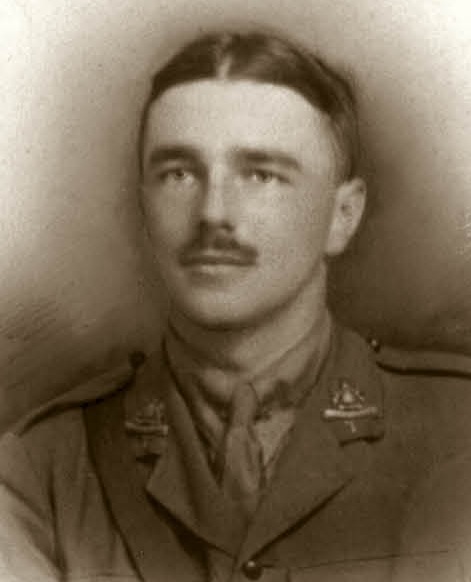Note: If you wish to receive, via e-mail, (1) my weekly newsletter or (2) daily copies of these posts, write to me at [email protected]. I’ll subscribe you via Mailchimp for the weekly or email you directly for the daily (your choice). Comments may also be sent to this address. I promise not to share your e-mail with anyone.
Sunday
As we prepare for Memorial Day, I turn to World War I poet Wilfred Owen, the greatest of all anti-war poets, who often found himself grappling with the apparent absence of God. My own belief is that God is big enough to take whatever challenges and complaints we throw His/Her way. Of prime importance is finding language to pose our questions and vent our frustrations. No question feels more pressing than why we suffer.
In “Soldier’s Dream,” Owen counterposes “kind Jesus” with the vengeful god of the Old Testament, along with war-like archangel Michael. Jesus may be the prince of peace but somehow His imagined intervention gets superseded by other forces:
I dreamed kind Jesus fouled the big-gun gears;
And caused a permanent stoppage in all bolts;
And buckled with a smile Mausers and Colts;
And rusted every bayonet with His tears.
And there were no more bombs, of ours or Theirs,
Not even an old flint-lock, not even a pikel.
But God was vexed, and gave all power to Michael;
And when I woke he’d seen to our repairs.
In “The Parable of the Old Man and His Son,” it is not God who is at fault but the humans who ignore His/Her saving invention. The final couplet inverts the story of Abraham and Isaac in a startling and bitter way, indicating that we have turned out backs on God:
So Abram rose, and clave the wood, and went,
And took the fire with him, and a knife.
And as they sojourned both of them together,
Isaac the first-born spake and said, My Father,
Behold the preparations, fire and iron,
But where the lamb for this burnt-offering?
Then Abram bound the youth with belts and straps,
and builded parapets and trenches there,
And stretchèd forth the knife to slay his son.
When lo! an angel called him out of heaven,
Saying, Lay not thy hand upon the lad,
Neither do anything to him. Behold,
A ram, caught in a thicket by its horns;
Offer the Ram of Pride instead of him.But the old man would not so, but slew his son,
And half the seed of Europe, one by one.
In “Le Christianisme,” the church specifically comes under attack for its failure to prevent warfare and console its victims. A statue of Christ, along with Owen’s Christian faith, has been buried by the rubble of a bombed church. Meanwhile, by packing up the other statues of saints to save them from such destruction, the church has removed them from the people who need them most.
In other words, it’s not only the saints who are “well out of hearing of our trouble” but the church itself. Meanwhile, it’s only a matter of time before war desecrates the one statue that remains standing. The Virgin Mary, wearing a war helmet bestowed upon her by a British soldier, may smile down on us, but she is slated for imminent destruction.
So the church Christ was hit and buried
Under its rubbish and its rubble.
In cellars, packed-up saints long serried,
Well out of hearing of our trouble.
One Virgin still immaculate
Smiles on for war to flatter her.
She’s halo’d with an old tin hat,
But a piece of hell will batter her.
I’m not entirely sure what Owen means by “smiles on for war to flatter her.” Maybe it’s a belief that Mary—along with Christianity and the church—will remain pure and transcendent, whatever flawed humans do. If that’s the message, the poet essentially says, “Just you wait.”
Owen, who early in his life aspired to be a bishop, would go on to distance himself from the religious-patriotic jingoism preached from Church of England altars. At one point he may have agreed with the belief, “God is on our side and wants you to fight,” but after three years in the trenches he would write to his mother, “I have murdered my false creed. If a true one exists, I shall find it. If not, adieu to the still falser creeds that hold the hearts of nearly all my fellow men.”
This is the kind of questioning that God wants from us because it opens us to the awful (as in awe inspiring) mysteries of creation. False creeds and narrow orthodoxies close us down whereas the poetry of Owen captures us in our full humanity. This humanity includes our questioning.


